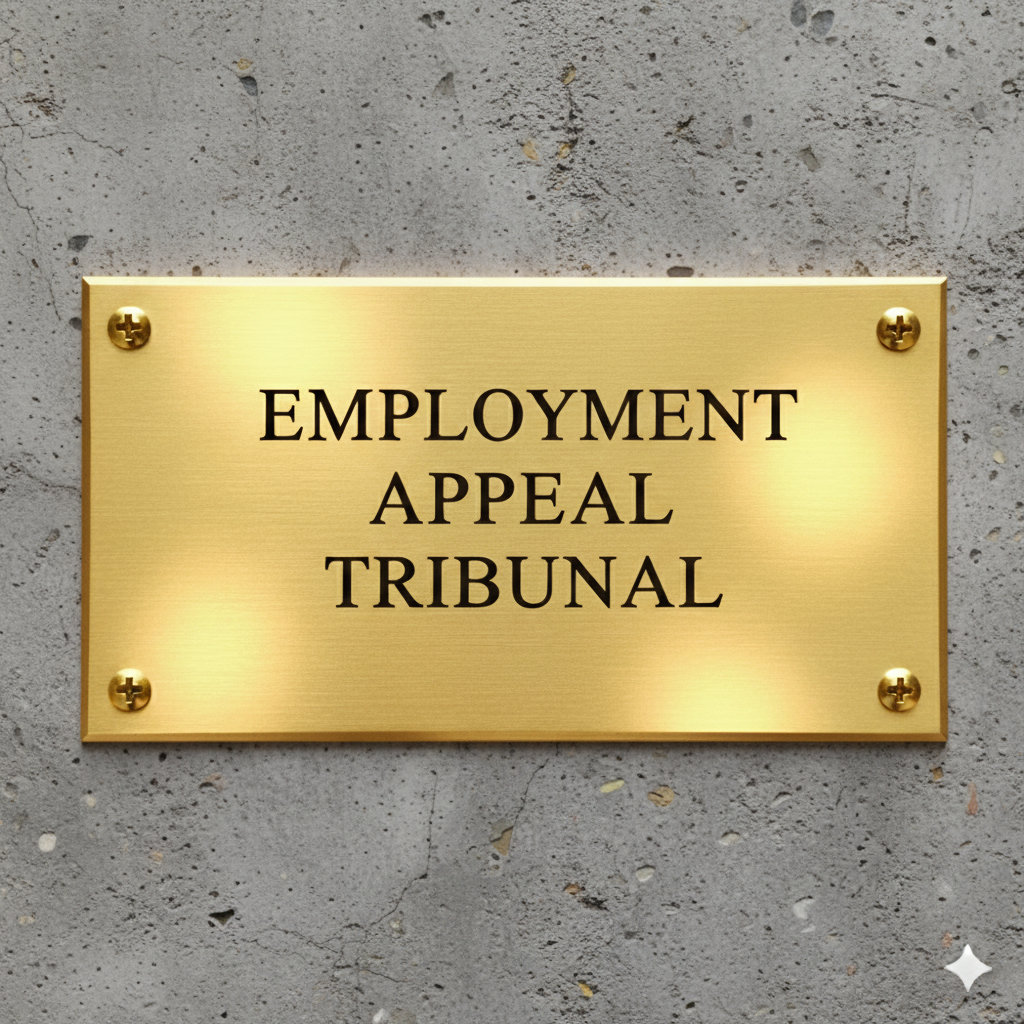Tribunal Rejects 'Iniquity Exception' Claim in Victimisation Case
The Employment Appeal Tribunal has rejected an appeal arguing that privileged legal emails fell under the 'iniquity exception', affirming a ruling preventing their use as evidence.
• public
Employment Tribunal Upholds Ruling on Legal Advice Privilege
The Employment Appeal Tribunal (EAT) has dismissed an appeal in the case of Shawcross v SMG Europe Holdings Ltd & Ors, upholding a previous ruling that prevented the appellant, Ms. C Shawcross, from using certain emails as evidence in her victimisation claim.
Ms. Shawcross, who was dismissed on 28 April 2023, sought to rely on an email chain she was accidentally copied into two days prior. These emails contained communications between SMG Europe Holdings Ltd and their legal representative. Ms. Shawcross argued the emails fell under the 'iniquity exception' to legal advice privilege, alleging they revealed discussions about fabricating the reason for her dismissal and concealing the identity of the actual decision-maker.
The 'Iniquity Exception' Argument
The Employment Judge had previously ruled that Ms. Shawcross failed to establish that the emails were subject to the iniquity exception, thus barring their use as evidence. Ms. Shawcross appealed, claiming the Judge erred in law.
Lord Fairley, President of the EAT, found that the Judge had not erred in law. He stated that, objectively, the email correspondence did not amount to a discussion about fabricating a false position or acting dishonestly. Even if dismissal seemed highly likely, the threshold for establishing the iniquity exception had not been met.
Solicitor's Advice Deemed Standard Practice
The EAT noted that the legal advice given was of the type employment lawyers regularly provide and fell within the normal scope of professional engagement. The tribunal highlighted that the correspondence showed the solicitor advised on mitigating the risk of an unfair dismissal claim, without suggesting any dishonest or underhand tactics.
The appeal was therefore refused, meaning the emails remain inadmissible as evidence in Ms. Shawcross's ongoing employment tribunal claim which includes complaints of discrimination arising from disability; disability discrimination by failure to make reasonable adjustments; harassment related to disability; harassment related to sex; and victimisation.
Read the entire judgement here: Ms C Shawcross v SMG Europe Holdings Ltd & Ors [2025] EAT 92
